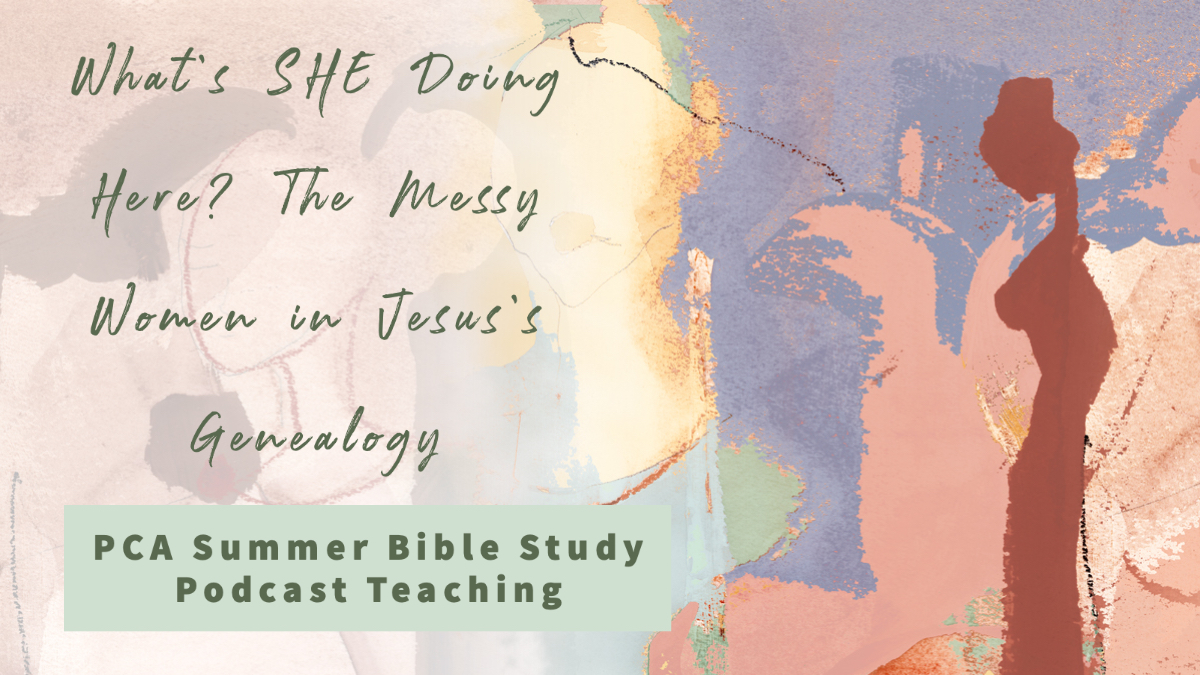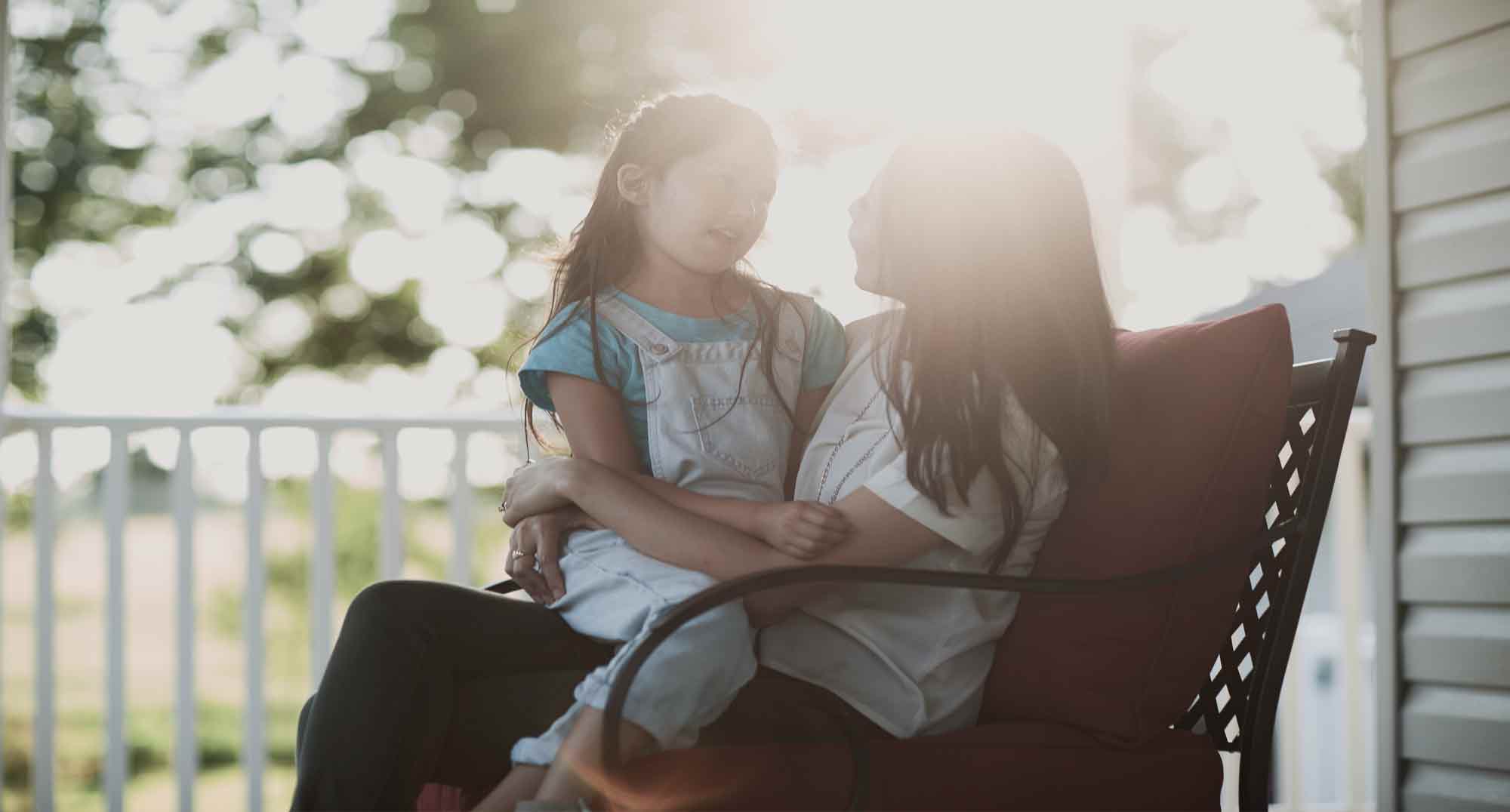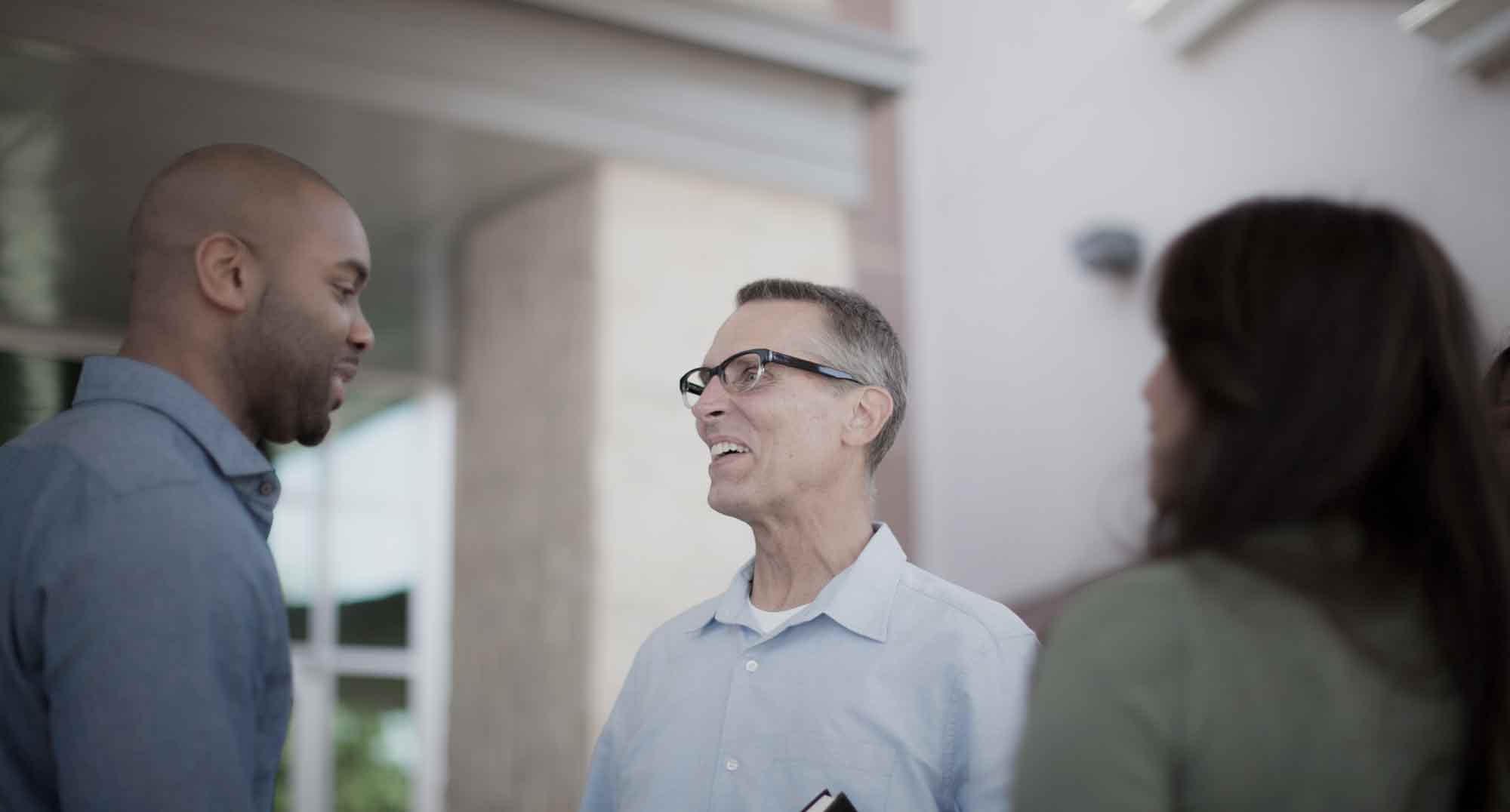Creating Community
ELIZABETH SANTELMANN|GUEST This evening I was sitting alone in the dark, rocking back and forth. The baby wouldn’t settle, and I started thinking about how many hours I had sat in that chair, rocking alone. I wondered how many of the other young mothers were also around the world rocking back and forth—all of us separated but joined in the community of the rocking chair. I receive many messages on Instagram from moms everywhere longing for friendship. From moms who feel lonely. From moms who long for connection with others. Why does community seem so hard and overwhelming to find as adults? Why is there not more practical advice on how we can build adult relationships? The messages I received from other moms revealed we sort ourselves into two camps: Women who are longing for friendship, but don’t even know where to start. Women who have walked alone so long they don’t even realize they need other women beside them. These women often claim all they need are their families. However, the Bible teaches that we are created to have community with one another. We are created in the image of God and reflect His character. If we had been created in the image of a solitary God, then claiming to not need friends would make sense; however, we are created in the image of a triune God. Our God, in His essence, represents community! This means, we image Him when we are in relationship with others. This means, we weren’t crafted to just observe the lives of others on social media, read the stories of others in books, and learn about motherhood from magazines. We were created to learn from one another; hear and grow through the stories and lives of others; and live in a physical way with the body of Christ in our communities. We Need Community When we isolate ourselves, it is easy to think we are alone in our struggles, rather than realizing the verse “There is no temptation that has over taken you, except that which is common to man” is true for all of us. It also opens us to comparison to people who are not real. Or we can get so stuck in our head with all we’ve learned, that we lose compassion for real people with real stories! When I was first married, I had just moved to a new city, and finding community was hard. I was very discouraged. My husband challenged me to pray that I would find a friend. I wish I could say I responded gratefully to his wisdom, but instead I yelled, “It doesn’t work that way!!!” But I did pray, and just weeks later, I found someone who has now been a friend nearly 10 years....








